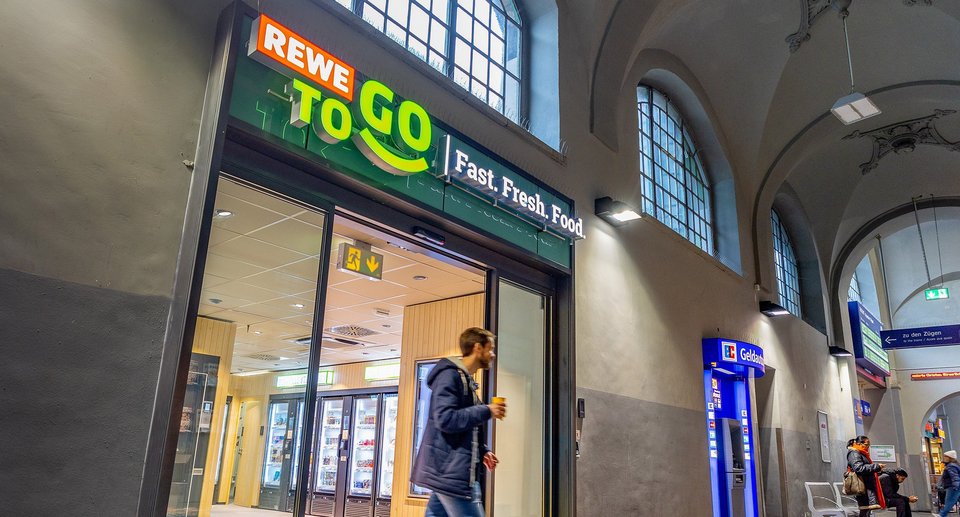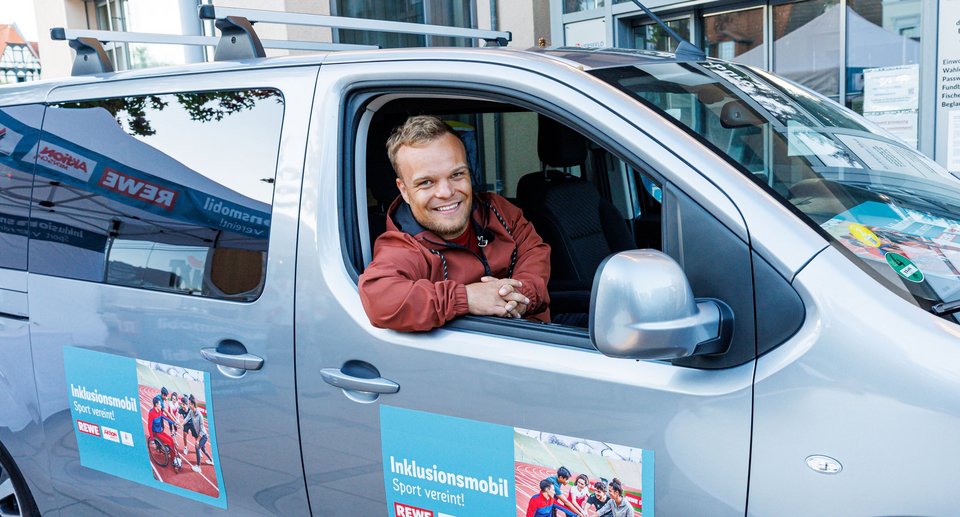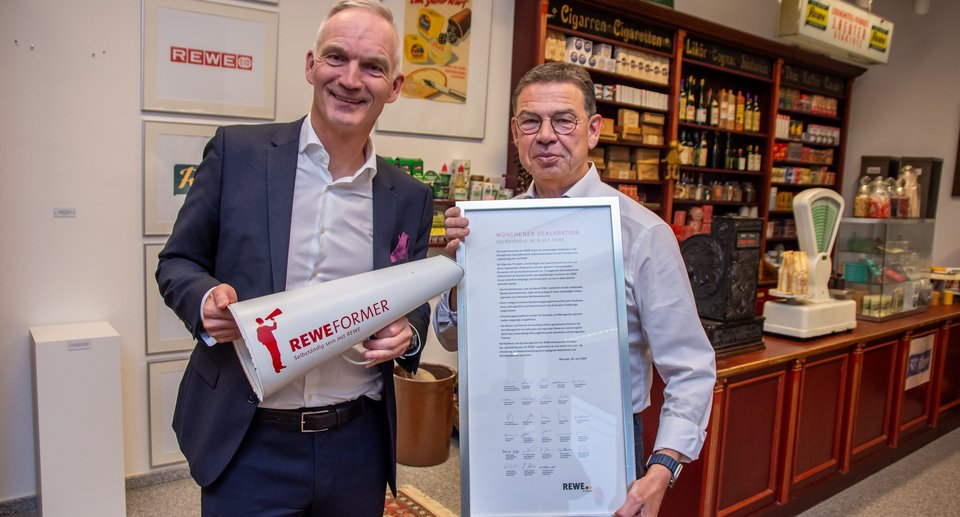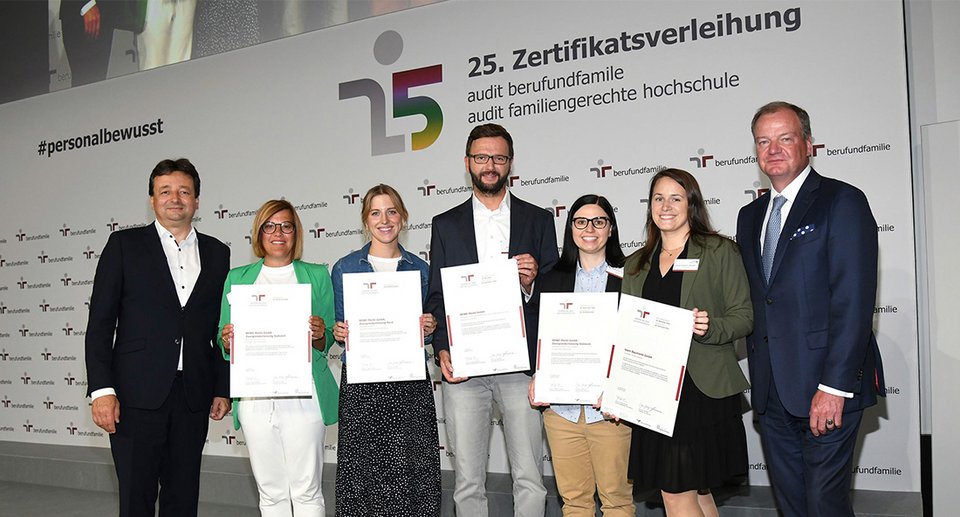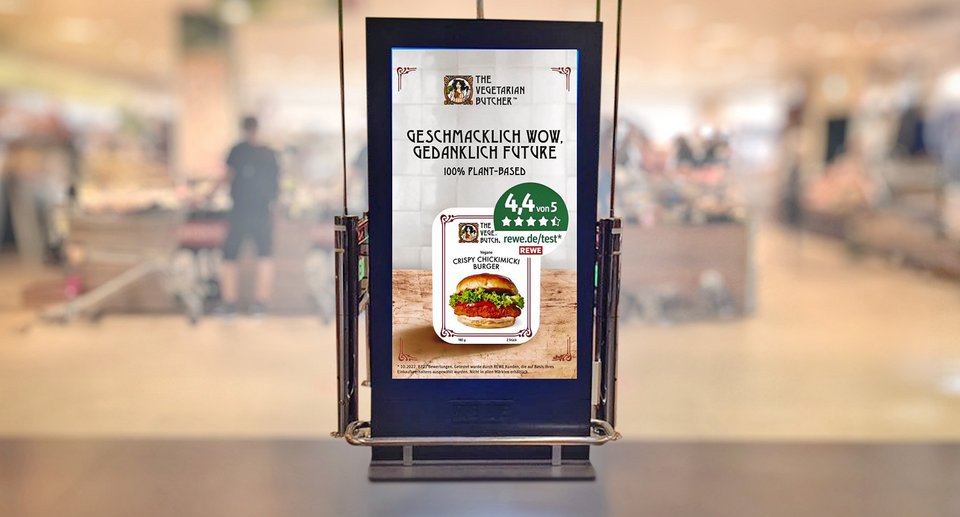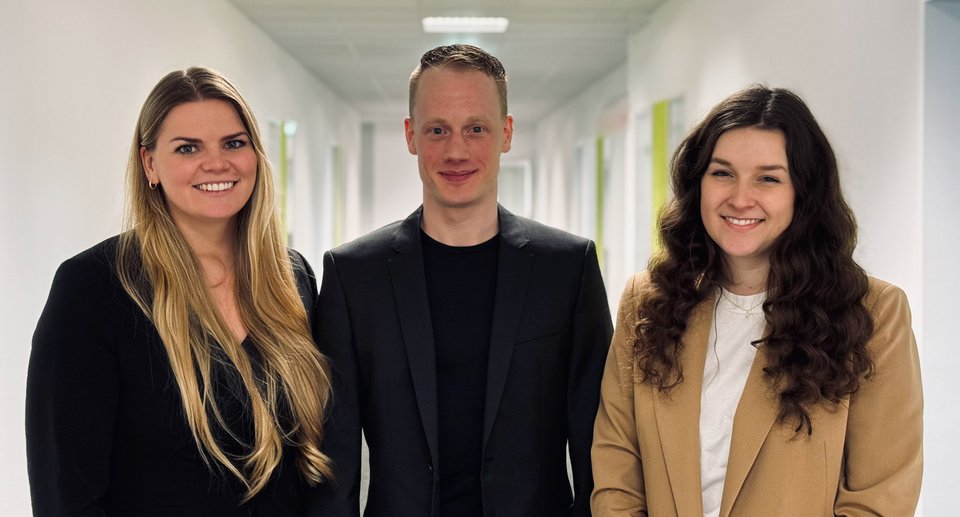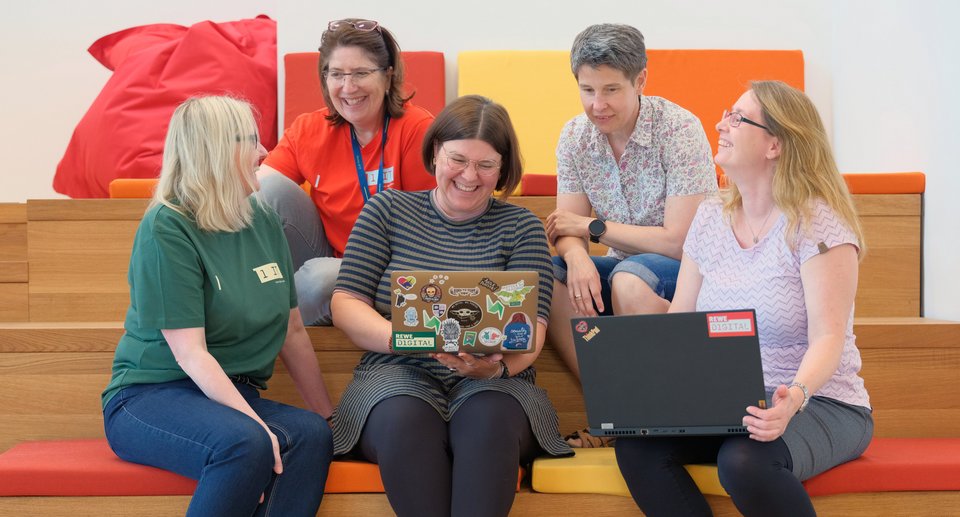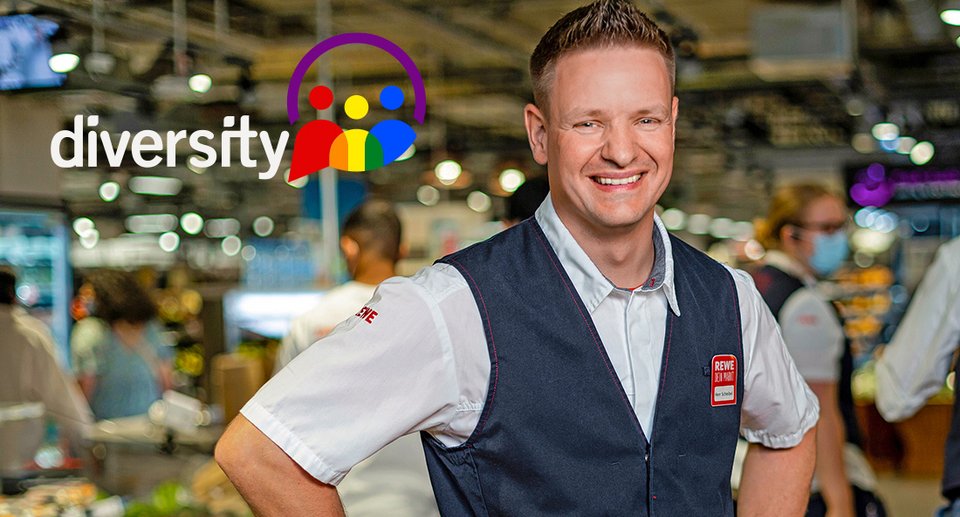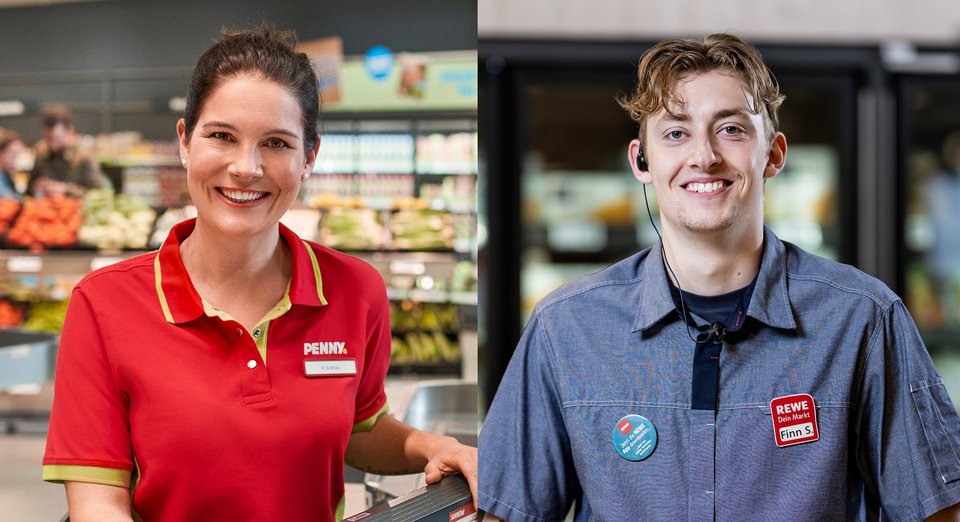
On 18 June in Berlin, PENNY Markt GmbH and REWE with all its shops and participating retailers were once again awarded the job and family audit certificate for their sustainable employee policies. This shows that they are ready to implement measures to reconcile work, family and private life for another three years. Three REWE and PENNY colleagues from stores, administration and logistics explain how they put work-life balance into practice and what role it plays in team spirit and employee loyalty.
one: Mrs Niedzial, you have been supporting the development of reconciliation issues at PENNY East since the first certification in 2018. What has changed since then and what else is needed? 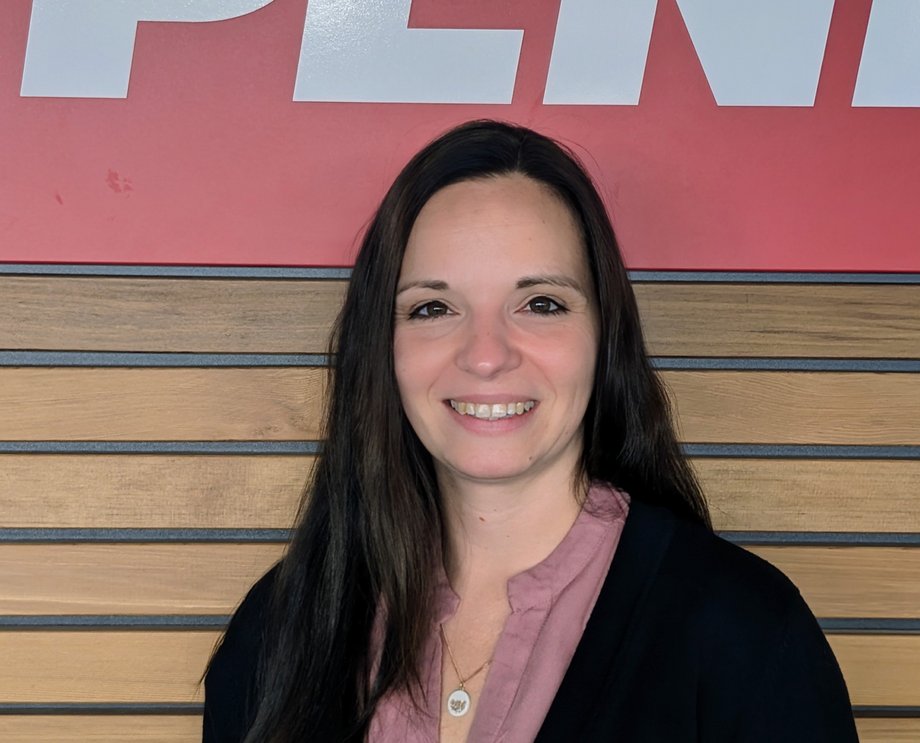 Katharina Niedzial
Katharina Niedzial: Whether it has to do with the certificate or whether it was simply time, in any case, a lot of work-life balance measures have actually been introduced at our company since the certification. Many more colleagues, including in the stores, are taking a sabbatical, usually due to the need to save up for a month or two. More fathers are taking parental leave, including many senior managers, such as our district managers. That didn't exist before. Our corporate culture has also changed when it comes to carers' leave. If someone has to take it, everyone takes it for granted.
Katharina Niedzial
Katharina Niedzial: Whether it has to do with the certificate or whether it was simply time, in any case, a lot of work-life balance measures have actually been introduced at our company since the certification. Many more colleagues, including in the stores, are taking a sabbatical, usually due to the need to save up for a month or two. More fathers are taking parental leave, including many senior managers, such as our district managers. That didn't exist before. Our corporate culture has also changed when it comes to carers' leave. If someone has to take it, everyone takes it for granted.
Looking at the markets, I can say that senior managers are now increasingly trying to reconcile all needs by means of binding staff scheduling, despite the fact that the market still has to function: How is the mother with the small children scheduled, how is the colleague who would like to pursue his hobby on Friday afternoons, or the employee with the mother in need of care at home...?
one: Have the measures changed over the years?
Katharina Niedzial: I think it's not so much the individual measures that have changed, but the attitudes of senior managers, store and district managers, who are always looking at things and seeking dialogue.
one: What measures do you think are still needed?
Katharina Niedzial : We don't need any more of these measures. We already have a lot of them. But we need to communicate what we have more to our employees. And we need to regularly review the measures for their effectiveness: Are they taken up by employees, do they work equally well in the city and in the countryside, and so on? And finally, it would be nice if senior managers' understanding of work-life balance issues were harmonised across all regions and levels.
Katharina Niedzial started as HR Partner for the PENNY East region in 2013. Since returning from her second parental leave in 2022, she has been responsible for work-life balance there.
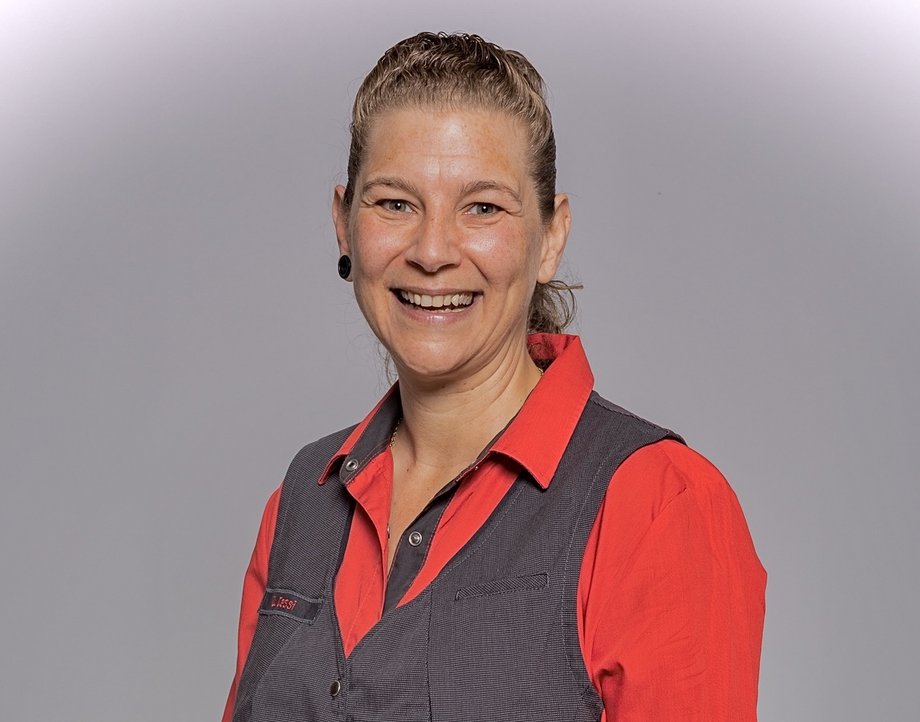 Deborah Dessi
one: Mrs Dessi, why is the issue of work-life balance so important in your market?
Deborah Dessi
one: Mrs Dessi, why is the issue of work-life balance so important in your market?
Deborah Dessi : Today, the workplace is more than just a place where you have to earn money. A good atmosphere, friendly interaction with superiors and colleagues contribute a lot to satisfaction - and to staff productivity. A good work-life balance helps to attract and retain employees. It is not always easy to reconcile all needs. But we rise to the challenge.
one: What work-life balance measures are in place in your market and what impact do they have?
Deborah Dessi : Some time ago, we collected information with our employees about the work-life balance measures we have in place at our workplace. The flipchart was quickly filled up and the team listed many measures that help us to reconcile work and private life, including, for example: work clothes that are provided for us and are also cleaned and ironed, employee discounts, inflation compensation, holiday and Christmas bonuses, staff schedules three weeks in advance. We have company parties, reliable working hours, but also emergency time off, further training opportunities, supplementary pension insurance and a wide range of health services. During Corona, we were given tests and masks. Last but not least, we always find small gifts in our personal compartment..
one: Are your colleagues aware of all these offers?
Deborah Dessi: In February, I invited my colleagues to a job & family information day for the first time, answered questions and presented REWE's offers. My aim is to organise these information days once a quarter. It's good for the team spirit and the mood to know what's possible. It makes it easy to swap jobs or fill in for each other without always having to go through our boss. Of course, it's not always sunshine and there's no such thing as the perfect job. But it's fair - and the boss's office door is always open for us.
one: So the work-life balance measures have a positive effect on team spirit?
Deborah Dessi: Yes! Working together is important. The best example is the checkout crew, who meet regularly every few weeks on Sundays for brunch and relax together.the importance of team spirit was also demonstrated two years ago. A fire in the store forced us to close for three months. During this time, our boss organised further training for us. We visited the farms of our regional producers, cuddled pigs at the Strohwohl farmer or watched cheese being made. To maintain contact with our customers, we sold homemade cakes twice a week in front of the market, regional suppliers presented their products for tasting and we organised a children's party.
one: Do you have another example of a team activity?
Deborah Dessi : Once a year, we make Advent wreaths together with a florist. Our Muslim colleague also took part because of the team spirit - and donated her wreath to our social centre. For me, this is also a way of reconciling work and family life - Mr Pfleger covers the costs - and since then we have enjoyed Advent Sundays with the wreath that we created as a team
And on World Down Syndrome Day on 21 March, we always wear different coloured socks at work. This symbolises the fact that every person is unique. We are always up for such heartfelt campaigns.
Deborah Dessi has been Deputy Store Manager at REWE Dirk Pfleger in St. Augustin near Bonn (REWE West) for ten years.
Why PENNY Logistics Manager Andreas Krämer and his management team rely on open ears and appreciation. And why this also pays off when it comes to recruiting. Andreas Krämer
"I really enjoy being responsible for my 184 logistics employees. We are proud of them and what they do here every day. They deserve our utmost respect just for working through all the packages. It's hard work here, which puts an enormous strain on the body over the years. The average age is around 43.7 years, which is why health maintenance, occupational health care and regular education are very important topics, for example back training, back support belts, correct lifting and carrying ....
Andreas Krämer
"I really enjoy being responsible for my 184 logistics employees. We are proud of them and what they do here every day. They deserve our utmost respect just for working through all the packages. It's hard work here, which puts an enormous strain on the body over the years. The average age is around 43.7 years, which is why health maintenance, occupational health care and regular education are very important topics, for example back training, back support belts, correct lifting and carrying ....
It is important to us that employees feel that they are looked after and valued. They now know that they can always approach us senior managers with anything. Looking after employees has also become an important part of day-to-day business at management level and is practised on a daily basis. This is how everyday working life is changing bit by bit.
One example: we assigned a colleague from the late shift to the early shift due to family changes, otherwise he would have left the company. Now he is happy and we have been able to keep a good employee in the company. A sympathetic ear is very important here. Another example: A colleague's father unfortunately became a carer, who now had a lot to organise and therefore only wanted to work until 2 p.m. for a while. His team leader said: 'But you won't get everything organised in that time, we'll agree to finish work at 12.30 pm for four weeks. During this time, you'll take care of the official paperwork and the move to the care home." You could literally see the employee thinking: 'Oops, I'm important here and I'm valued.' We also have supporting projects such as LoS!, the GemeinsamTopfit app and health-promoting programmes that employees can take advantage of.
Conversations on an equal footing are a prerequisite for a trusting working relationship, and the atmosphere and influx of applicants are good here in Neuhausen. Most applications come from friends and acquaintances of our employees. For us as managers, this is an honour, and these new recruits are usually great to work with. Of course, the tone can sometimes get rougher here. That's inevitable with so many people and so many different cultures. We've already done a good job of getting the majority of employees on board in terms of their willingness to engage in dialogue. And for me, every person who stands in front of me deserves my respect."
Andreas Krämer has been Operations Manager of the PENNY logistics centre in Neuhausen, South Region, since 2016.
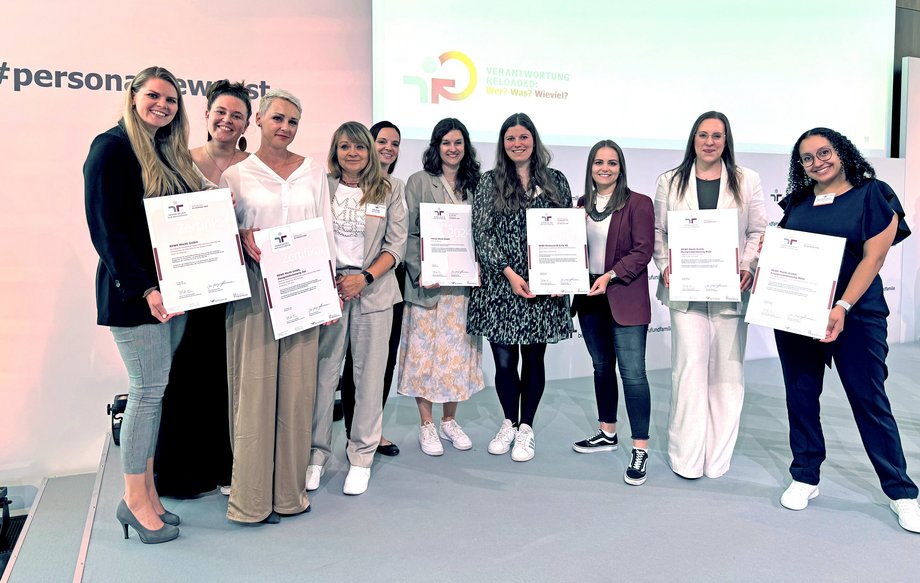 f.l.t.r.: Michelle Labonté (REWE national), Hannah Martens (REWE Region North), Anne Töpfer (REWE Region East), Ines Popp (REWE Region South), Katharina Niedzial (HR PENNY East), Jacqueline Klos (HR PENNY national), Lara Hillebrand (REWE Dortmund), Jasmin Lux (REWE Dortmund), Corinna Spies (REWE Region West), Sheily Jenisch (REWE Region Centre)
The REWE stores, which were certified for the first time in 2015 as a network of all shops and participating retailers and have now been recertified for the fourth time, have defined a number of key measures for the next three years in the 2024 target agreement:
f.l.t.r.: Michelle Labonté (REWE national), Hannah Martens (REWE Region North), Anne Töpfer (REWE Region East), Ines Popp (REWE Region South), Katharina Niedzial (HR PENNY East), Jacqueline Klos (HR PENNY national), Lara Hillebrand (REWE Dortmund), Jasmin Lux (REWE Dortmund), Corinna Spies (REWE Region West), Sheily Jenisch (REWE Region Centre)
The REWE stores, which were certified for the first time in 2015 as a network of all shops and participating retailers and have now been recertified for the fourth time, have defined a number of key measures for the next three years in the 2024 target agreement:
- My REWE app and Pat:innen to communicate the measures and offers
- Flexibility - to support employees' life phases and still be well staffed
- Part-time store management - to promote talent, strengthen women in leadership and be attractive to our employees
PENNY stores and logistics have been certified for the third time, after being the first discounter nationwide to be certified according to the job and family audit in 2018. The measures they have written into their target agreement for the next three years include
- We will use best practice examples to show senior managers in all areas of work that we are an attractive employer for them at all stages of their lives.
- We are developing improvements for more flexible working hours.
- In the period from 2024 to 2027, a "deputy store manager" will be introduced in all stores.

